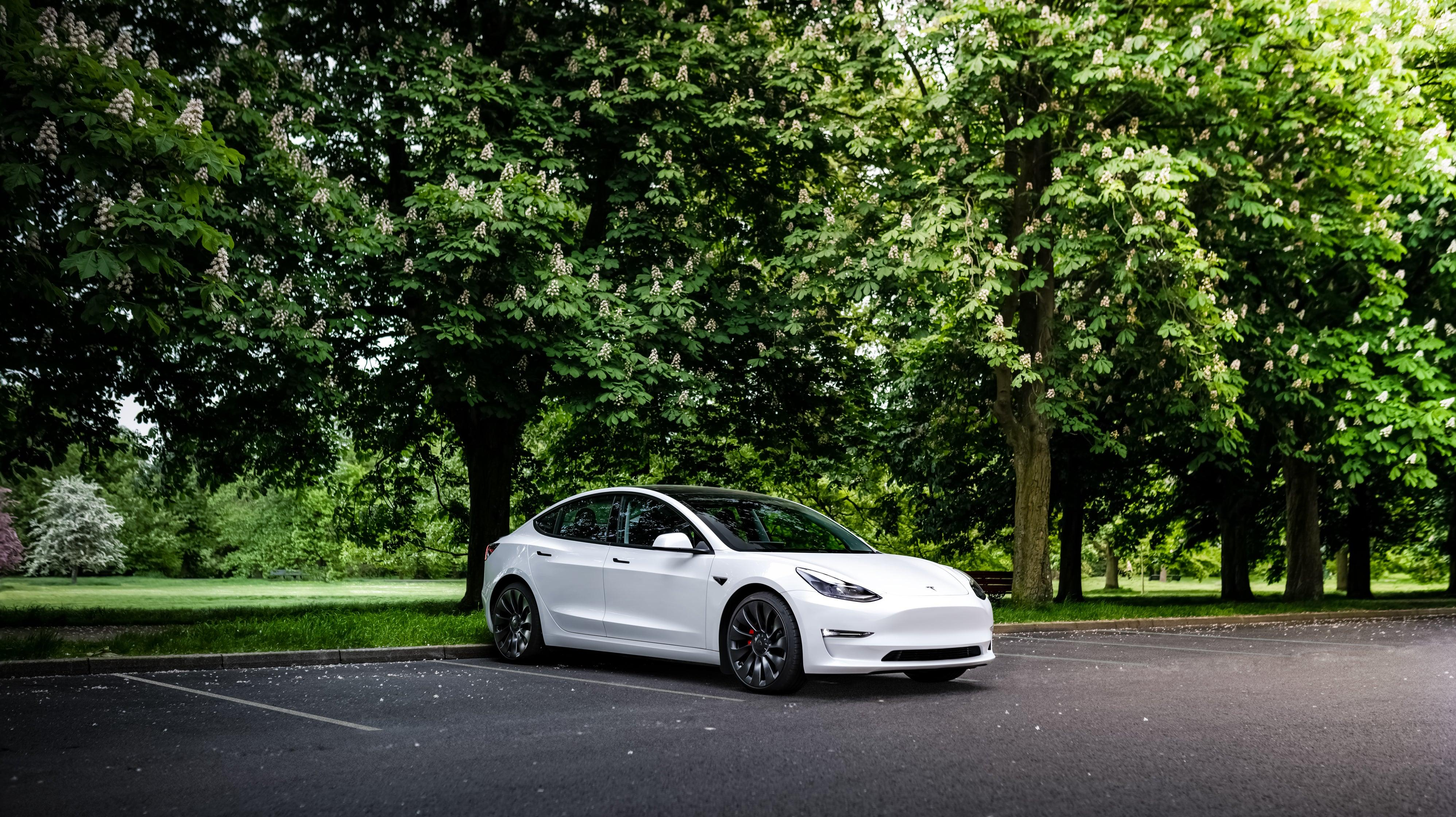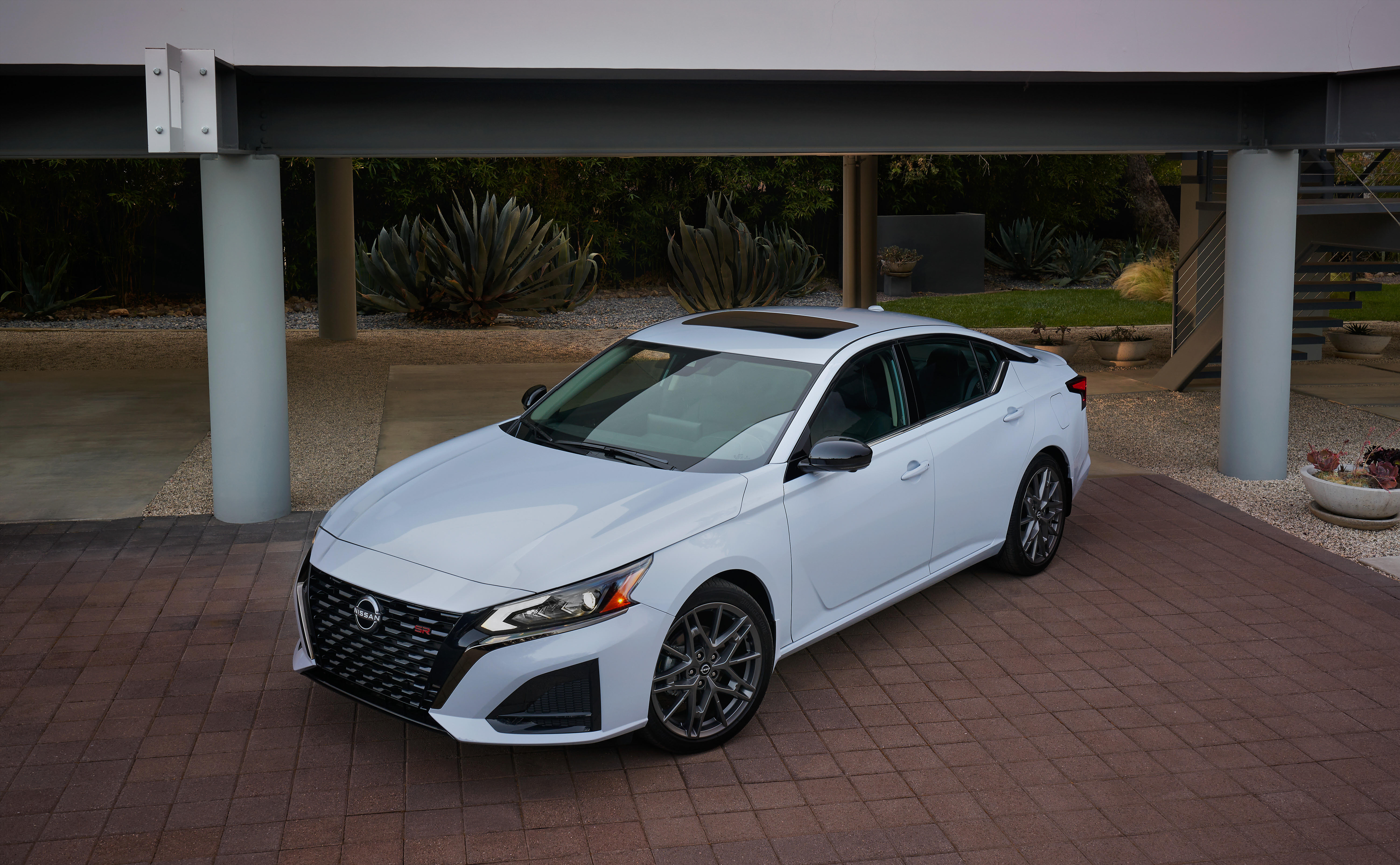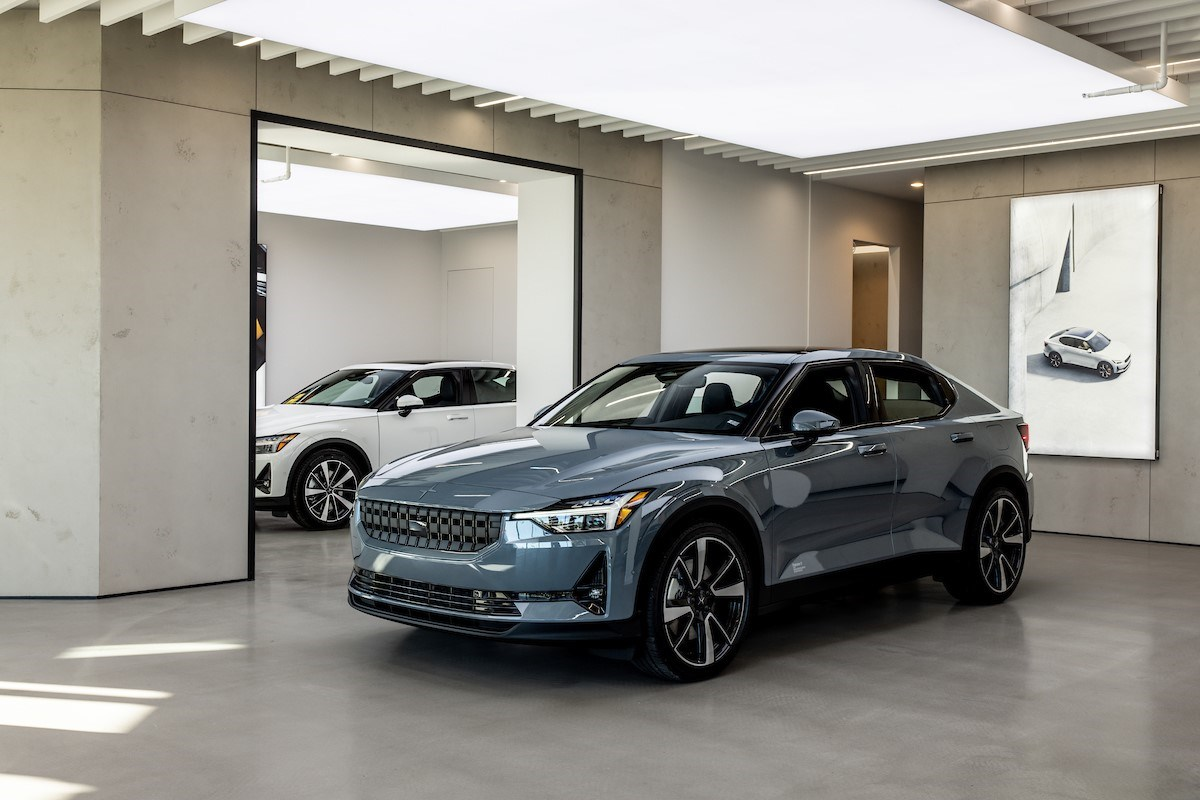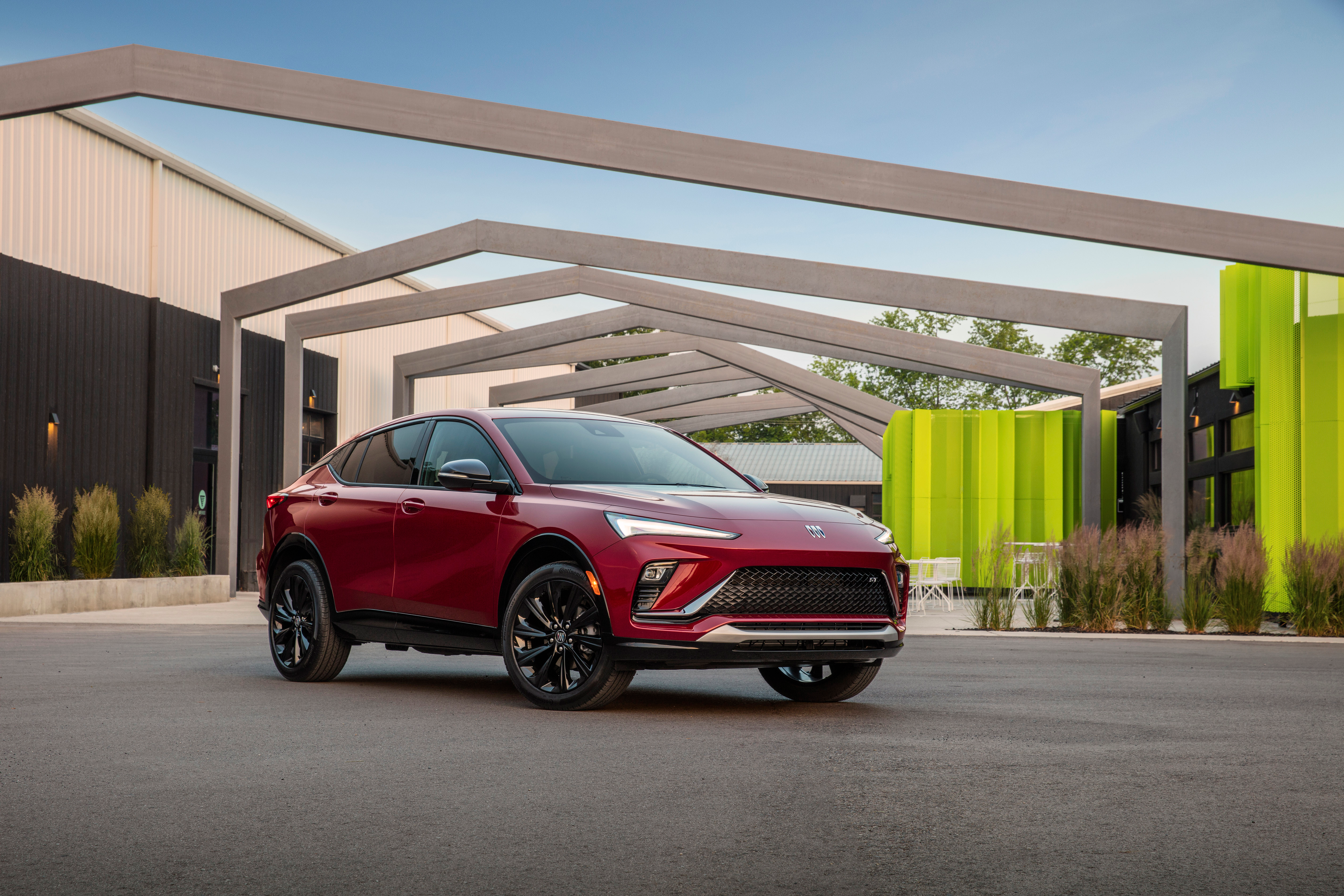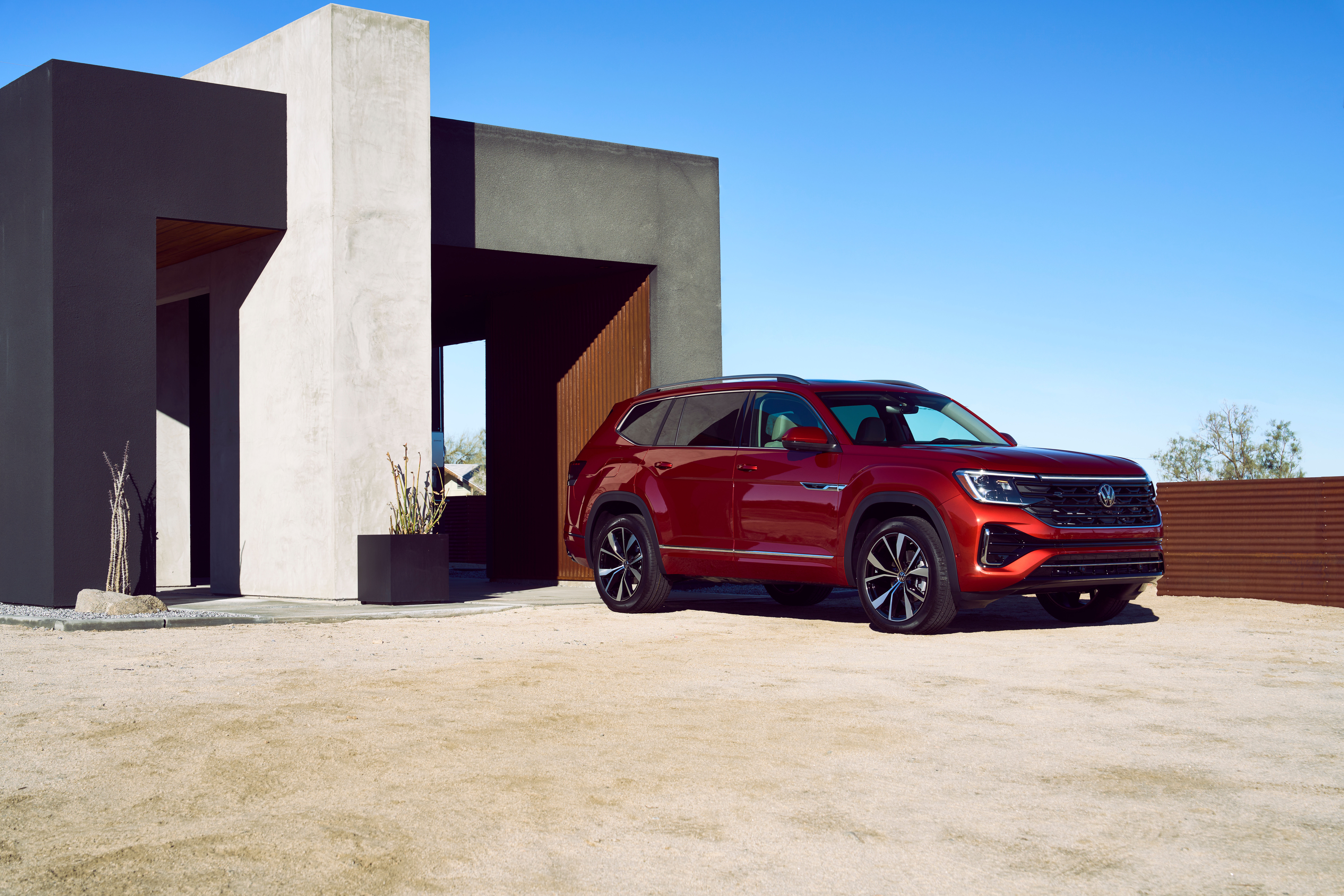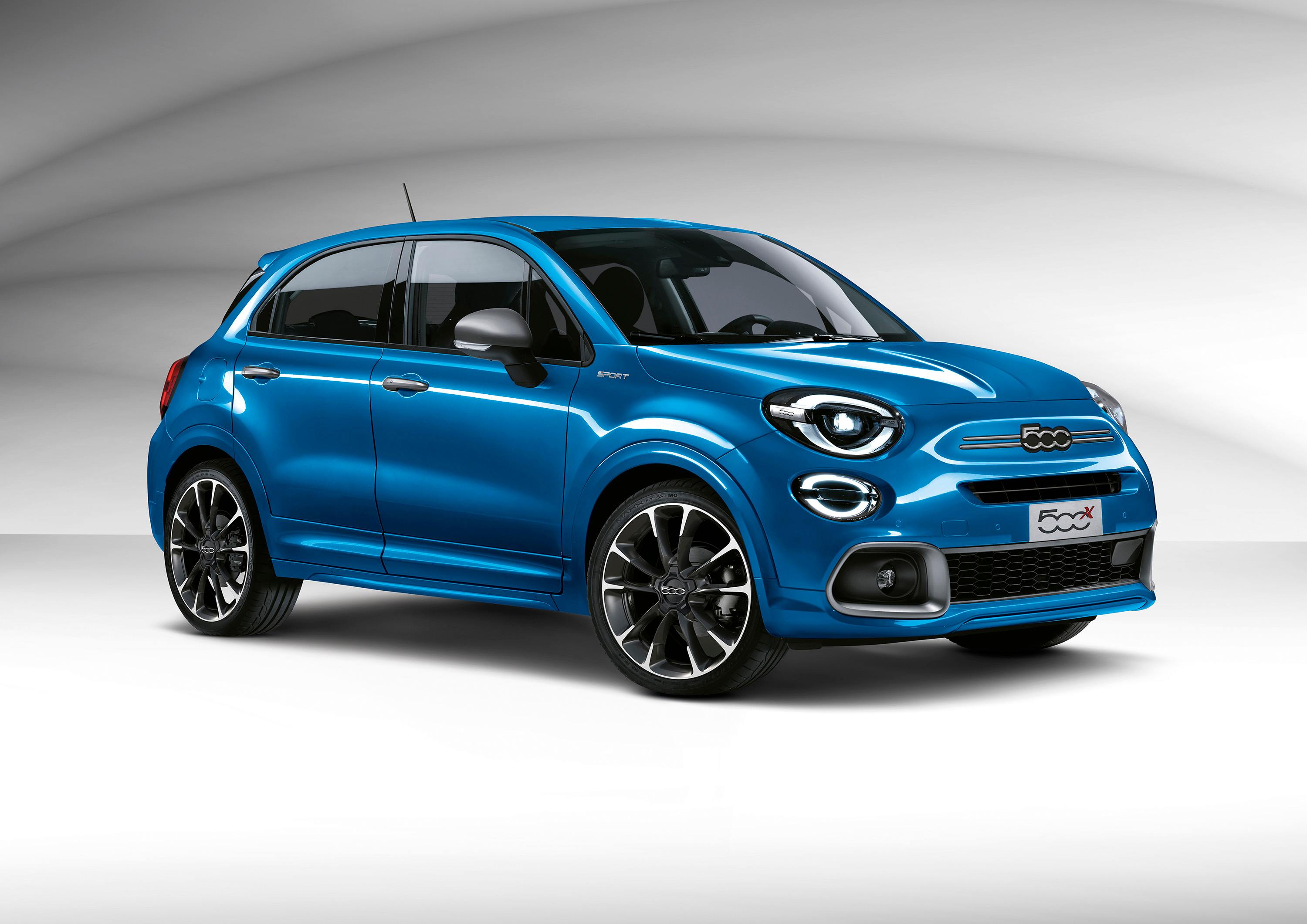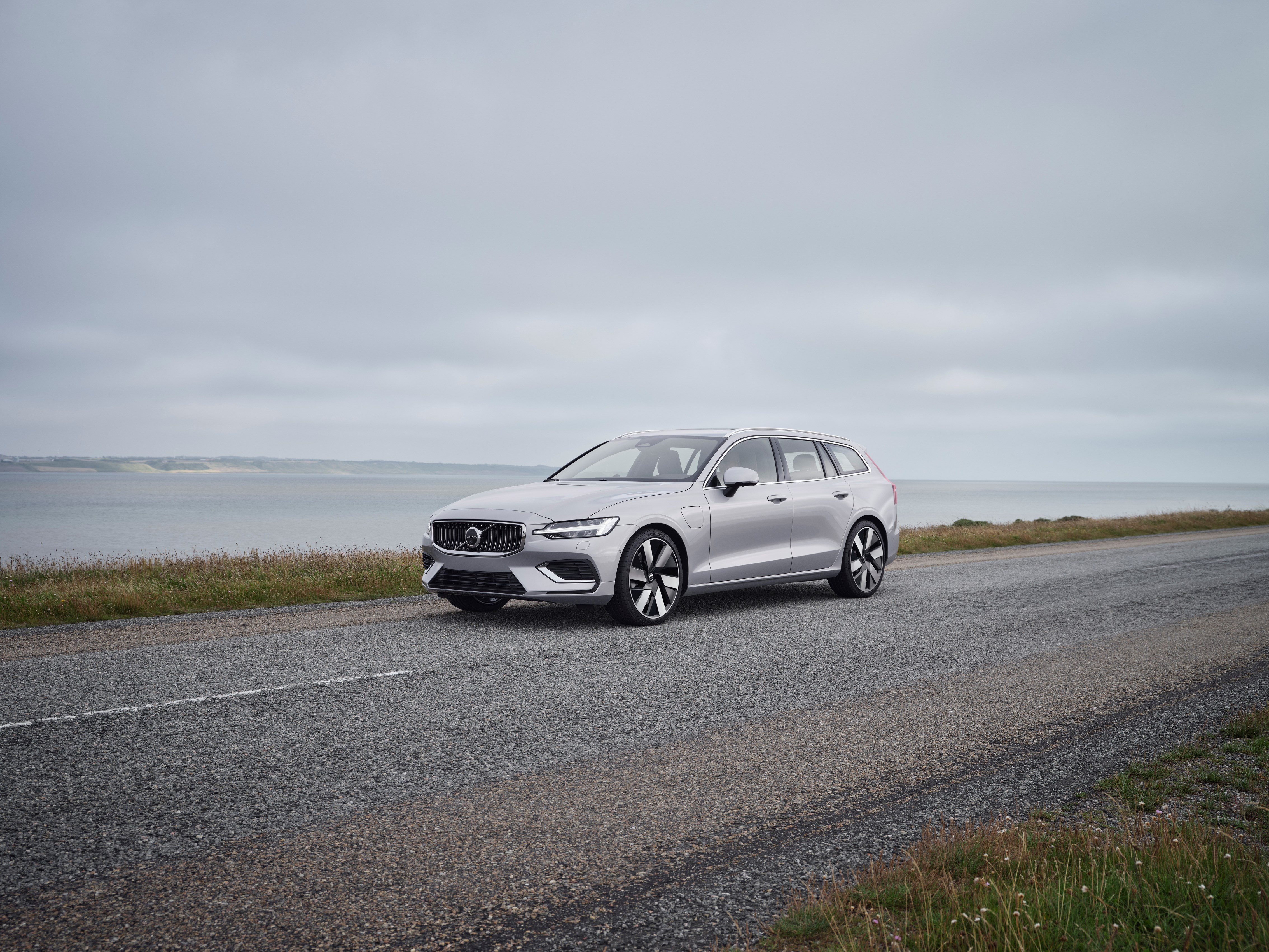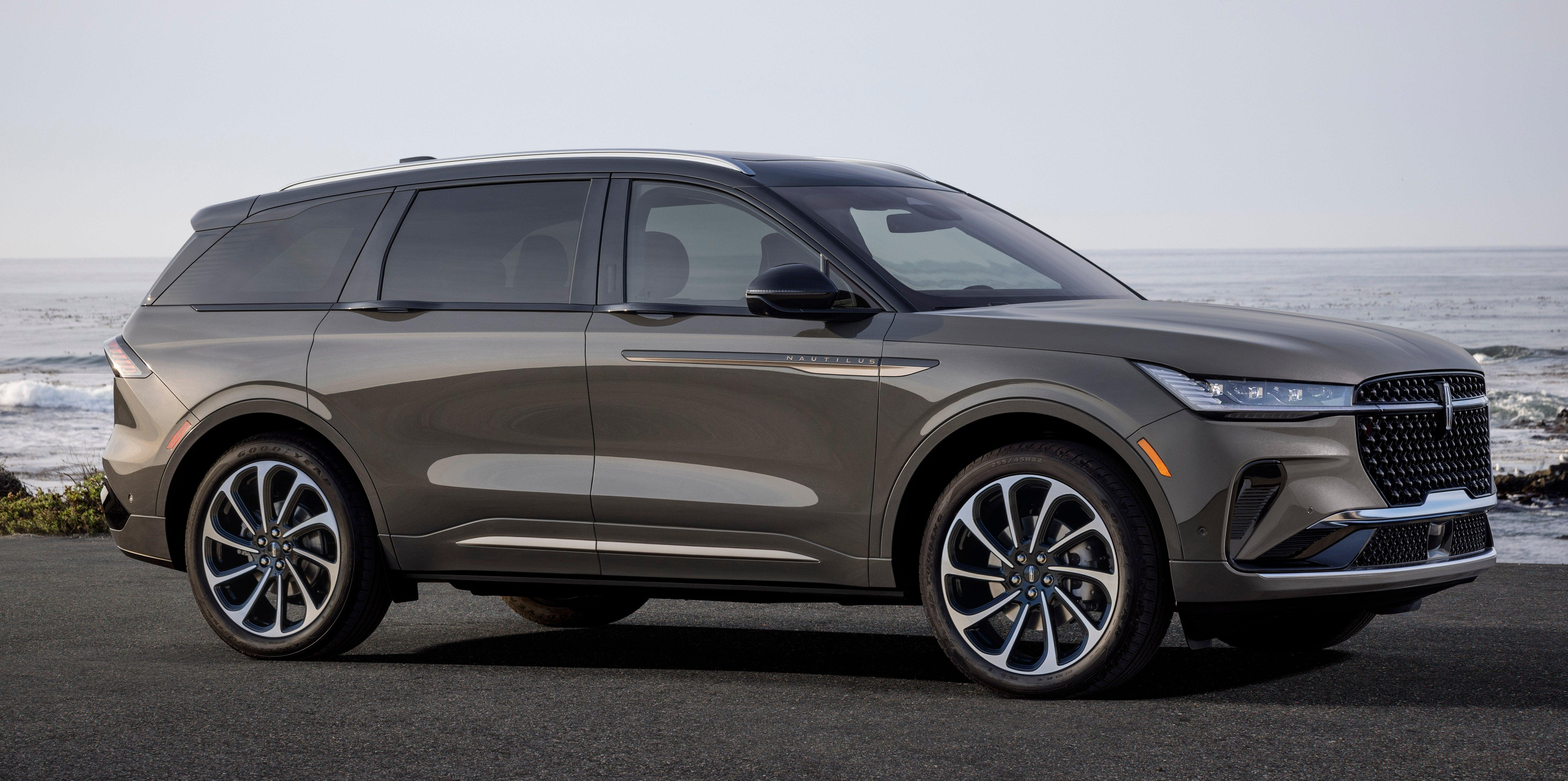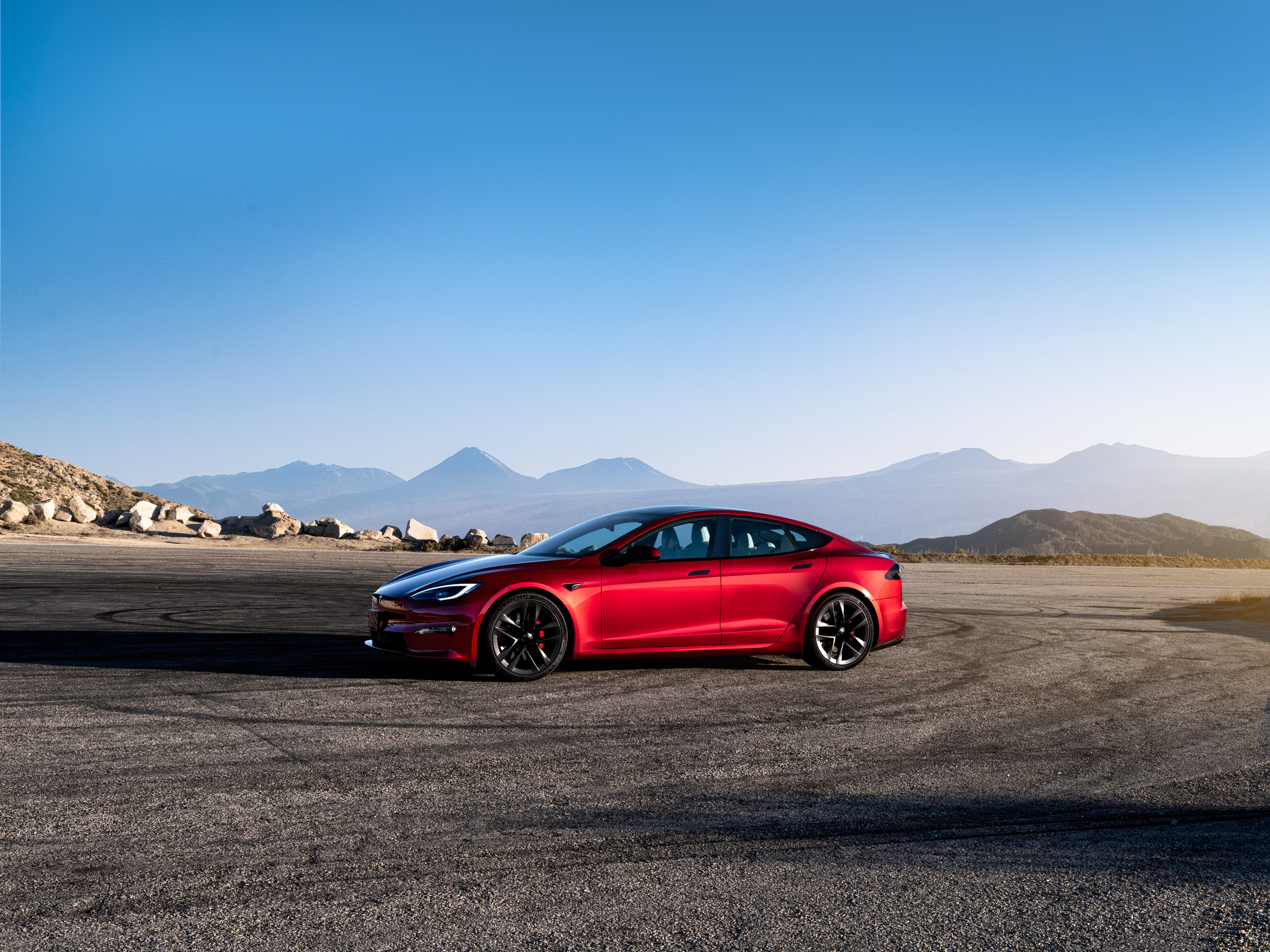These Car Brands Are Finally Getting A Little Cheaper
Ten automakers had their average new vehicle price drop significantly for the first time in months.
Increasing costs due to a number of factors — an ongoing chip shortage and inflation among other things — led to the average new car costing nearly $49,000. But now if you're in the market for a new car like I am, there's a bit of relief. Data from Kelley Blue Book via Yahoo Finance shows that the average price for some brands has dropped.
You can thank increasing inventories and automaker incentives for that. While the drops are significant in that prices are letting up for buyers, some of the drops only took the brands from unaffordable to slightly less so. As reported by Yahoo, here are ten brands and the average price drops they experienced so far this year.
Nissan
$1,244 decrease ($36,635 to $35,391)
Nissan had the smallest price decrease out of all of the brands. I'd be really curious to know which models helped contribute to this drop. Considering that models like the Sentra, Altima, and Rogue outsell most of Nissan's lineup, it is likely to be one of those.
Polestar
$1,558 decrease ($64,057 to $62,499)
Polestar's decrease shouldn't be surprising. The new hotness that was once EVs have seen their sales slow drastically. Inventory has increased. Even used EV prices have dropped. A base Polestar 2 starts just under $50,000. If you look hard enough, you can find lightly used ones for under $35,000.
Buick
$1,594 decrease ($39,224 to $37,630)
Buick's three-model lineup saw prices step back a bit from that $40,000 threshold. The introduction of the new Envista crossover and its sub-$30,000 starting price should help bring that average price down even further.
Volkswagen
$1,934 decrease ($39,473 to $37,539)
VW was another mass-market brand whose prices had come down just before they crested $40,000. Hopefully, cheaper models like the Jetta, Taos, and Tiguan help keep those average prices low.
Fiat
$2,201 decrease ($32,730 to $30,529)
Fiat sells just one car in the U.S. right now, the 500X. Whoever is in the market for one of these things should be happy that they're over $2,000 cheaper now.
Mercedes-Benz
$2,233 decrease ($84,874 to $82,641)
The German luxury automaker embraces luxury, and that's reflected in its average transaction price. While a decrease of over $2,300 would make a big difference with most other brands, it's just taken Mercedes' average prices back down towards $80,000, which is around the average price of one of the brand's EQ EVs.
Volvo
$2,718 decrease ($59,825 to $57,107)
The Swedish automaker — and one of the last places where you can buy a wagon — saw its average price drop nearly $3,000. It'll be interesting to see how that price plays out once the brand launches the cheap EX30 and $80,000+ EX90 EVs.
Lincoln
$3,038 decrease ($68,274 to $65,236)
Lincoln is another automaker that, while having a pretty decent decrease, still has an average price that's thousands more than the average price of a new car. With nearly 20,000 sales between the Navigator and Aviator, I'm sure they're the main driver of these prices for Lincoln.
Land Rover
$6,882 decrease ($106,834 to $99,952)
Land Rover had the second-largest increase of all the brands on this list. While it dropped nearly $7,000, that's not much when those average prices go from way over six figures to just under it.
Tesla
$7,166 decrease ($62,272 to $55,106)
Tesla had the largest price drop but I'm sure you know why already, with EV price wars playing a part. Tesla didn't quite seem to know how to contend with a subsequent slowdown in sales, though the company has slashed prices left and right. With Tesla, price is always a moving target.
